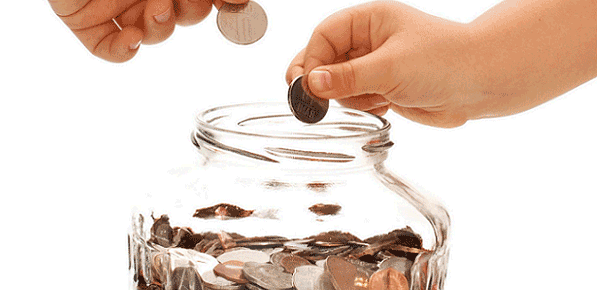 |
| Payment History |
Americans' reliance on credit cards has been declining steadily since the Great Recession, according to an April 2014 Gallup poll. In fact, respondents reported that they are carrying less credit card debt overall and are more likely to pay their balance in full and on time compared to the early 2000s.
The survey results, based on interviews with over 1,000 adults ages 18 and older nationwide, may notate a positive trend in the financial affairs of Americans who have been increasingly bombarded with bad news about the economy in recent years. And less reliance on credit should be a good thing, right?
Well, it is and it isn't. According to personal finance experts, being debt-free is always a good thing, but there are disadvantages to living without any sort of credit card at all. This begs the question, "Does everyone need a credit card?"
A Matter of Convenience
Whether everyone does or doesn't need a credit card, people who go without one(or several) will certainly face some inconveniences in their lifetime, especially when it comes to travel. Why? Because hotels and rental car agencies almost always require a credit card to secure a reservation, and some even require that you put a card on file in order to cover incidentals. Without a credit card, you may not get the reservation you want, or you may have to jump through additional hoops that are not all that pleasant.
Of course, using a debit card is possible, but doing so might result in several hundred dollars of your actual money being put on hold in your account. If you're flush with cash, this may not be an issue for you. But if money is tight? You may have a problem.
No Credit, No History
While being wary of credit card debt is a good reason to avoid credit cards altogether, that decision could come back to bite those who wind up needing credit at any point in their lives. Opting not to build any kind of credit history could make it difficult to take out a loan for a house or car in the future, especially if your current credit report is virtually blank. How can lenders loan you money when they have no way of knowing if you've ever repaid anyone back?
According to the credit bureau Experian, "having no credit history is almost as bad as having a negative credit history," and everyone should strive to have some credit history to point to.
Credit Card Perks
But having credit isn't just about avoiding the hassle and earning the ability to borrow more money. There are some legitimate perks that come with having a few good credit cards as well. For example, many credit cards offer fraud protection, meaning that they will cover your losses if your card is stolen and used for purchases. Once you report that a credit card has been stolen, the Federal Trade Commission states that the maximum amount of money you could be on the hook for is $50 per card.
That may still sound like a lot, but compare it to what might happen if someone stole your debit card and managed to bleed your account dry. According to the FTC, if you report your debit card stolen more than two days after the loss or theft has taken place, the most you can lose is $500. However, if you report the loss later than 60 days after it occurred -– perhaps because you didn't notice a fraudulent charge -– your bank is not required to help you recover your losses in any way, shape, or form.
Other credit card perks include credit card rewards such as cash-back and airline miles, travel protection, price protection for large purchases, and even rental car insurance.
These are just a few of the reasons why most people genuinely need a credit card, whether they choose to use it frequently or not. Just remember, having a credit card doesn't mean you have to go into credit card debt. You have the power to live a debt-free life; you just need to commit to it and learn to use your cards in a way that benefits you.









